

Chronic heart failure (HF) remains a significant untapped market in the U.S. Although numerous innovative technologies have been investigated over the past 5 years, most have lacked the effectiveness to warrant broad adoption, or complex regulatory requirements-set against a tight capital environment-have delayed or slowed their commercialization. In addition, sophisticated ventricular assist devices and total artificial hearts target patients with advanced disease, who represent a small share of total patients. Only cardiac resynchronization therapy (CRT) has found broad acceptance, contributing 90% of revenues in 2009 based on its proven value for selected patients with systolic HF.
Unfortunately, only about 1 million of the 6 million HF patients in the U.S. are candidates for CRT therapy. About one-half of patients have diastolic disease, for which treatment largely relies on drug therapy, and patients with systolic disease who are not candidates for CRT therapy have few options for slowing their disease progression. Such patients account for a substantial share of the 4+ million annual hospitalizations for HF that tax the health delivery system. Thus, products designed to treat these underserved patients and keep them out of the hospital, such as hemodynamic monitoring implants, ultrafiltration technologies, and cell therapy, are expected to find a particularly warm reception from clinicians and payers alike. Coupled with continued growth in CRT therapy and realization of niche opportunities, the impact will be to create a chronic HF technologies market of $5 billion in 2015.
These are among some of the findings of a new, comprehensive report published by Health Research International-entitled "U.S. Opportunities in Heart Failure Technologies"-and distributed exclusively by Life Science Intelligence. This nearly 500-page report presents "must have" expert analysis of the epidemiology of chronic HF that is driving specific segments of the market, plus details on current and emerging therapeutic options. Each product market is modeled econometrically to make the report a working tool for companies purchasing it. Forecasts are provided through 2015, plus supplier shares for 2009. The econometric market models built from the demand side have been compared with supply-side data developed through detailed analyses of supplier financial reports and interviews. Among the products covered are: CRT devices, ventricular assist devices, total artificial hearts, implanted and external counterpulsation technologies, ultrafiltration systems, hemodynamic monitoring implants, neurostimulation technologies, cell and gene therapies, surgical ventricular restoration devices, and surgical cardiac support devices, among others. The report provides what we believe is the most comprehensive and accurate assessment of developments in U.S. chronic heart failure technologies and markets currently available.
Advanced Cell Technology
Berlin Heart
Bioheart, Inc.
Boston Scientific Corporation
CHF Solutions/Gambro
HeartWare International
Medtronic
St. Jude Medical Inc.
SynCardia Systems Inc.
Thoratec Corporation
Vasomedical, Inc.
WorldHeart Corporation
Trusted By The Companies Pioneering What’s Next
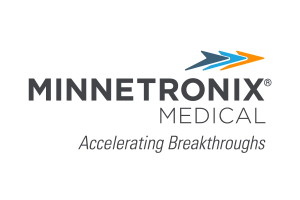
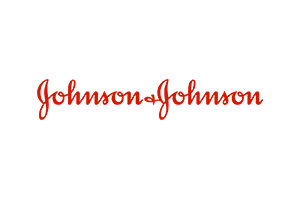


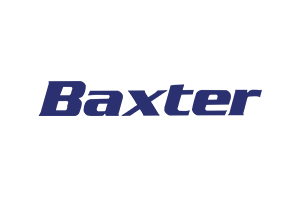

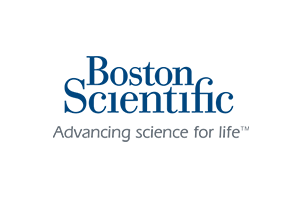
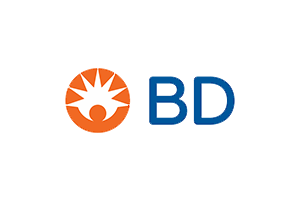


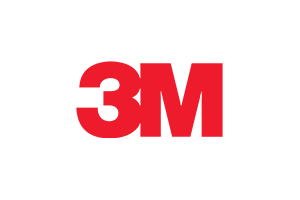


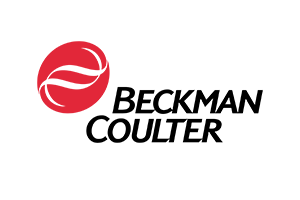
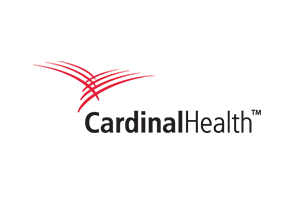

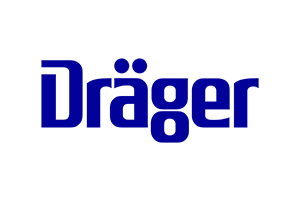
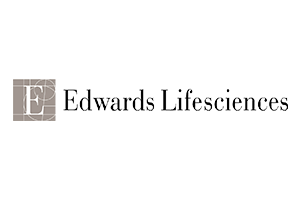

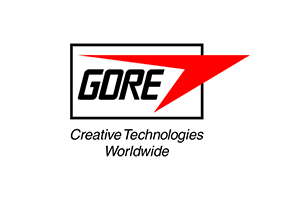

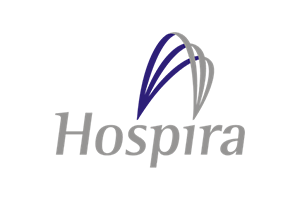








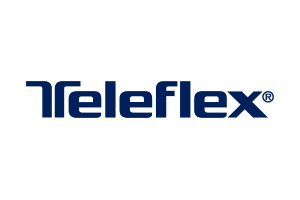
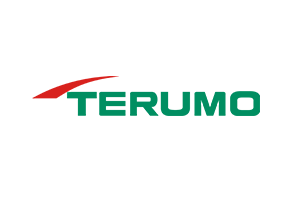

Market Intelligence

Schedule an exploratory call
Request Info17011 Beach Blvd, Suite 500 Huntington Beach, CA 92647
714-847-3540© 2025 Life Science Intelligence, Inc., All Rights Reserved. | Privacy Policy